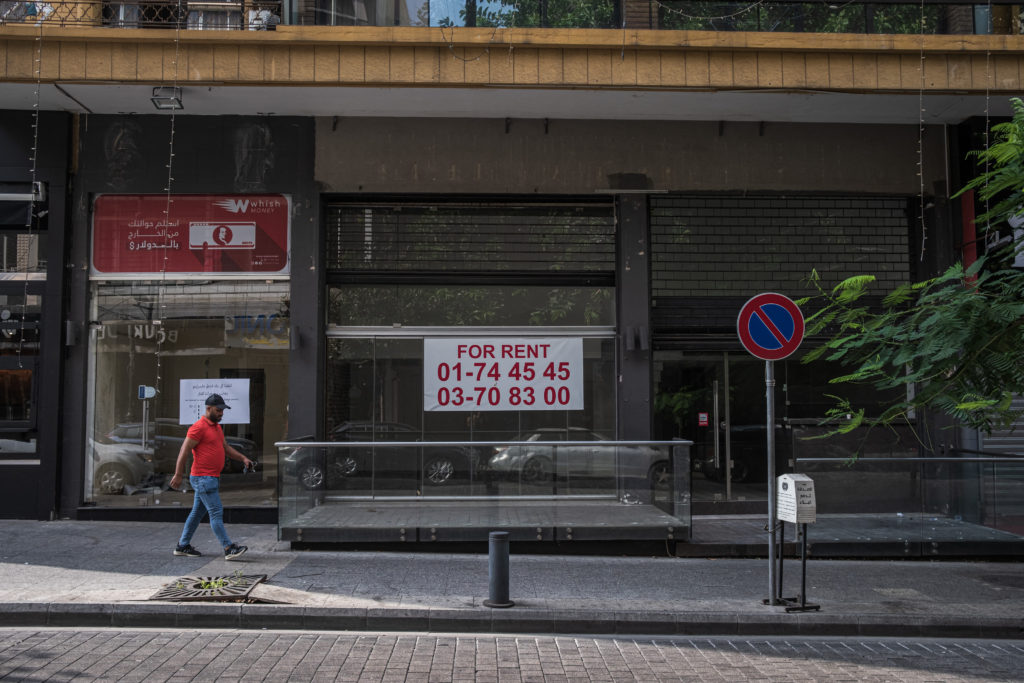São Paulo – The Lebanese economy remains severely impacted in the face of the ongoing stalemate over economic reforms and a scenario of high uncertainty. The conclusion is from a report issued after an International Monetary Fund (IMF) staff visit to the Arab country.
Executives visited Beirut, the capital city of Lebanon, from September 19 to 21 to discuss recent economic developments and progress in implementing actions agreed upon in April. The Staff-Level Agreement (SLA) provided conditions for extended four-year financing.
The text released by the IMF brings data on Lebanon’s financial situation and points out that the country’s Gross Domestic Product (GDP) has shrunk by over 40% since 2018, inflation remains in triple digits, foreign exchange reserves are decreasing, and the parallel exchange rate has reached LBP 38,000 per USD.
According to the report, public sector institutions are failing, and essential services for the population have been drastically cut. The result of this has been unemployment and poverty at historically high rates. “Despite the urgency for action to address Lebanon’s deep economic and social crisis, progress in implementing the reforms agreed under the April SLA remains very slow,” the report stated.
Among the actions that have not been implemented, the IMF mentioned the 2022 budget not yet approved by the Lebanese parliament and the adoption of the Capital Controls and Deposit Withdrawal Limits Law, which is crucial to tackling issues such as multiple exchange rates, in addition to reducing pressures on the Central Bank’s foreign currency reserves.
According to the IMF, an improvement that contributed to the country’s situation was the financial sector’s rehabilitation strategy. The move could allow a healthier banking system to function normally, attract deposits, and foster economic activity.
Translated by Elúsio Brasileiro




